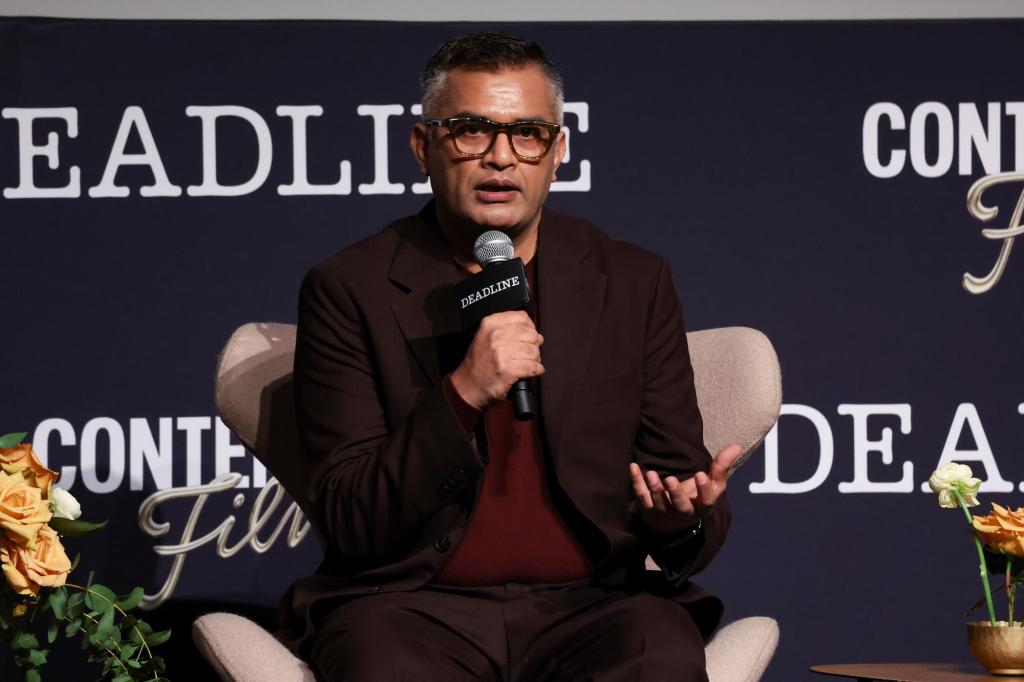Indian filmmaker Neeraj Ghaywan is thanking to the legendary director Martin Scorsese for lending a gentle guiding hand in shaping his film Homebound.
As the film’s executive producer and a mentor to Ghaywan, Scorsese helped him find the focus he needed to make his story — which explores India’s caste system — and its characters come to cinematic life, Ghaywan explained during his film’s panel at Deadline’s Contenders Film: Los Angeles. Homebound’s lead actors Ishaan Khatter and Vishal Jethwa also were on hand Saturday.
“[Scorsese] started out with reading the script, and he told me how to go about it,” Ghaywan explained. “We did a back-and-forth, and then again at the end stage he saw the first cut, and then he did a couple of rounds and he would guide with every step. … I had to have the focus, so he gave me that focus. … He gave life to all of our stories.”
Ghaywan explained how the real events that inspired the film’s story moved him to return to big-screen filmmaking after a decadelong hiatus since his widely acclaimed first feature, Masaan.
“Homebound started with this op-ed essay in The New York Times,” he said. “It was a true story that happened in India, and it was a story of friendship and what happened to these friends during the journey [during] the pandemic. Now, when I read this story, it was obviously quite gut-wrenching and it was very moving, and I wanted to use that as a base friendship, as a strong way to talk about our bigger concerns that the world is now grappling with, which is that what makes migrants leave their homes in rural India or across the world? What are the things that motivate them? It’s not just jobs, it’s not just money, it’s also existential.”
RELATED: Oscars 2026 International Feature Film Submissions By Country – A List Of 91 Declared Submissions
“There is an attempt to sort of humanize their experiences of marginalized communities across the world and to take away the nature of them being reduced to statistics and abstraction everywhere,” the director said. “There was an urgent need to humanize their experiences so that we could see their pain and see what goes through and show connection as a strong force of empathy.”
Of his attempt to find lighter tones, he added: “I wanted to dismantle the victimhood of marginalized communities and to bring in the joy, bring in the human nature of it, like present them as humans and not just victims of stay subjugation or oppression. There are also people who love their families, love each other. They have humor, they have good food and all of those things that makes them human. It was essential to bring that in.”
Check back Monday for the panel video.
RELATED: 2025-26 Awards Season Calendar: Dates For Oscars, Grammys, Guilds & More

